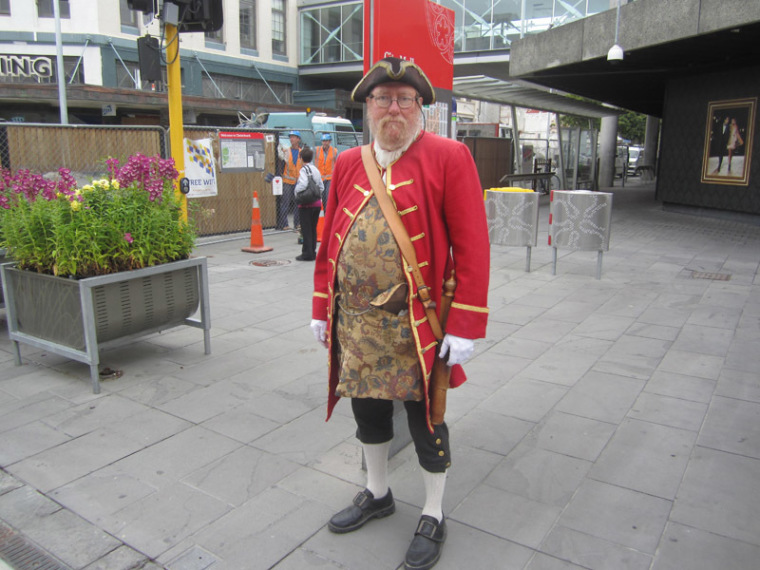
In Part 1 (15 Dec) I spoke about some questions I asked at a youth meeting. I illustrated in this way -
In C.S. In Lewis's Narnia book ‘The Horse and His Boy’ there are two occasions where characters ask Aslan to give further reasons for his action than what is given, and is met with this response “Child...I am telling you your story, not hers. I tell no one any story but his own”. The answer was limited to only what they needed and what was for them to know.
Now this may sound to some like a conspiracy, but truthfully, this is no different from how even parents relate to children, no one is ever told more than they need to, as we get older and our reality changes and our stage of life shifts, some things then become necessary to share.
There are things I know now at age 36 that I never would have known 20 years ago. I know them now because it is deemed to be pertinent and it said to me with the expectation that it will aid in current actions and plans.
With that being said, what then is the purpose of information? Of knowing things that I need to know as opposed to everything else that I may want to know? Before we get there let me make a bold statement and conclude with the point, questions exist as a reflection of our insufficiency and finite nature .
We don’t know everything, but we live in a world where competency and information is needed to do and live. There is another reason we ask questions however; they point to a sense of dissatisfaction or lack.
I submit to us that if we were all satisfied, I am not sure curiosity would exist, it's not just about competency but about desire, what we want. Augustine said it well in the opening of Confessions “You have made us for yourself, and our heart is restless until it finds its place of rest in You”.
This restlessness I believe generates curiosity and questions, and expresses itself in a desire to know, but it will find its proper fulfillment in who we know ultimately. Why do I say this and how does this relate to the purpose of information? We may recall Luke chapter 18 of the rich ruler who came to Jesus, full of questions “good master what must I do to inherit eternal Life”?
Jesus’ gave answers
Jesus gave him answers and that the man said “all these I have kept” what do I still lack? Now two observations, he came to Jesus with the question because he recognised that he lacked and it gnawed at him. The Mark 10 account actually goes a step further and says “he knelt down” a posture of seeming desperation.
He also wanted to be satisfied but the answer was “come follow me” the means by which he would have been satisfied was right before him and his spiritual blindness took away from him that to sell all and follow Jesus was a right response because he was the greatest treasure one could find, his questions though indicating lack did not lead him to the answer.
Think about Peter’s answer when Jesus turned to them in John chapter 6 and asked them “are you still here?” Peter says “to whom shall we go?” It was unfathomable to leave because there was no one else to turn to.
What the rich man knew even with all his curiosity led him to turn away in sorrow, all he saw was loss as opposed to the true gain. The information we get should cause us to know Jesus deeper and more intimately, in C.S. Lewis ‘Till we have faces’ the main character made the most profound statement, she wrote an entire book filled with charges against the god of the mountain that stole her sister from her, and leveled these charges against him in the form of questions.
Now this book was meant to mirror how we relate to God with questions in suffering, before the god of the mountain she said “I ended my first book with the words no answer. I know now, Lord, why you utter no answer. You are yourself the answer. Before your face questions die away. What other answer would suffice?” Answer is not meant to be informational purely, it should lead to a transformation that comes through knowing Jesus Christ.
He is the ultimate answer. All information we get therefore points us towards him one step at a time, beholding this face more and more, until in the end as Lewis says “that face which is the delight or the terror of the universe must be turned upon each of us either with one expression or with the other, either confessing glory inexpressible or inflicting shame that can never be cured or disguised”.

Paul Lewis is a Staff Worker for Universities and Colleges Christian Fellowship in Kingston Jamaica, where he also resides. He has aspirations of becoming a Christian Apologist and he loves reading especially topics like: History, Philosophy and Theology. You can follow him on twitter @VeritasDeiVinci